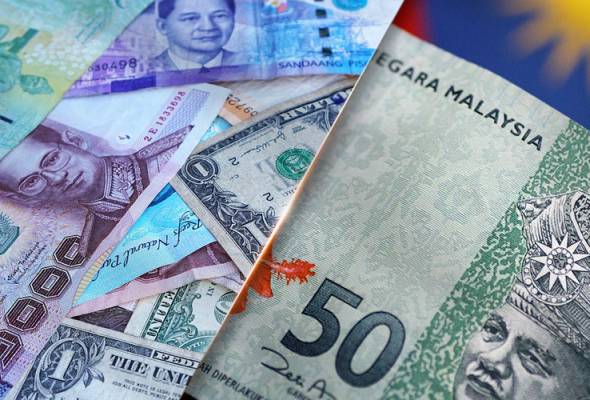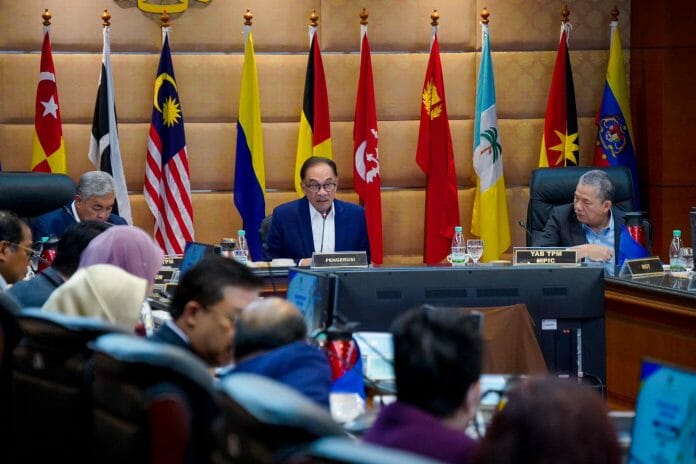
Published in The Malaysian Insight & AtroAwani, image by AstroAwani.
After 3 strikes in 1 week, America is officially in a banking crisis – though not a global one just yet. Speculatively mis-matched balance sheets resulting in a cascading destruction of liquidity and confidence. Where have we seen this movie before? The predictably sad ending is that the middle class gets squeezed, the poor get further marginalized, and capital shifts into the coffers of elite (again).
While liquidity can indeed be created or contracted, the transfer of assets is a zero-sum game. Money simply changes hands; and seeks new homes. This should result in a windfall of capital allocation for developing markets like Malaysia.
Venture investment in Silicon Valley is likely to stall, waiting for the dust to settle. But since holding cash is anathema to asset managers, who get paid to invest and not sit on cash, capital will start looking for targets in other markets, particularly in South and Southeast Asia.
Reflecting on the experience of the Global Financial Crisis 15 years ago, Malaysia’s relatively closed economy showed greater resilience to cross border contamination. This now presents an opportunity to promote a narrative to attract more foreign direct investment, particularly in infrastructure, technology, and manufacturing sectors.
With yields dropping in the US, increased capital can potentially flow into infrastructure investment. Malaysia should tweak its policy framework for long-term investments in renewable energy, transportation, and telecommunications projects that can generate excess returns over its concession life.
Additionally, the shifting of global manufacturing operations to Southeast Asia due to rising labour costs in China and ongoing trade tensions combine to position Malaysia as a destination for investment new industries such as computer chips and automotive EV.
The biggest impact, however, should be in the global tech venture —- the bulk of SVB, Silvergate and Signature Bank customers —- which will be compelled to look elsewhere for high-growth and scalable markets in India and SE Asia as alternatives to traditional tech hubs like Silicon Valley.
The opening of this window of opportunity, while chaos and fear rule the more developed markets, should encourage us to offer incentives to high quality FDI to encourage them to invest in Malaysia; while at the same time maintaining a firm regulatory and compliance framework to contain the accompanying risks from excessive capital inflows resulting in inflation and asset bubbles.
Some modest currency appreciation would nevertheless be welcome, given the Ringgit’s protracted weakness against the dollar since the onset of the pandemic. This could also take some pressure off imported food and commodities pricing, which have been spiralling out of the reach of affordability for most of the general citizenry.
Some quick action and creative marketing – admittedly not the traits Malaysia is best known for – could allow us to manoeuvre an opportunity to bring in investment flows into both digital and brick-and-mortar economies, while Silicon Valley, the perennial star player, takes a breather on the bench.
Dr Rais Hussin is the president and chief executive officer of EMIR Research, a think tank focused on strategic policy recommendations based on rigorous research.

